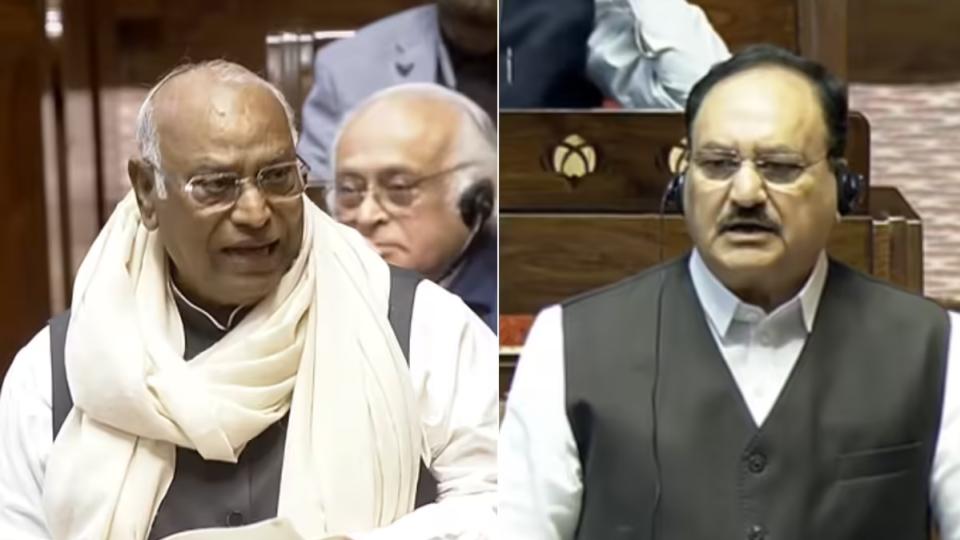G20, OECD issue new corporate governance code
Sat 05 Sep 2015, 12:55:48

Ankara: To safeguard minority shareholders' interests and promote capital market as a key platform to raise funds, G20 and OECD today announced new Corporate Governance Principles for listed companies and regulators in all member countries including India.
Consequently, the regulators and policymakers across the world, which include Sebi in India, will update their regulations for the listed firms in line with the new code.
The new global principles, released here on the sidelines of the G20 Meeting of Finance Ministers and Central Bankers being attended by Finance Minister Arun Jaitley and RBI chief Raghuram Rajan, call for protecting shareholders' rights and keeping CEO salaries reasonable, while making adequate disclosures for the benefit of investors.
The new code calls for enhanced cross-border cooperation among regulators, including through bilateral and multilateral arrangements for exchange of information.
It also states that the impediments to cross-border voting by shareholders should be eliminated, while shareholders should be allowed to consult each other.
Besides, the new code also contains recommendations for financial disclosures by the companies, behaviour of large institutional investors and the functionalities of the stock markets. It also asks regulators to ensure that conflict of interest in related party transactions are addressed effectively.
The new G20/OECD Principles of Corporate Governance were released here by the OECD Secretary General Angel Gurria and Turkish Deputy Prime Minister Cevdet Yilmaz on the
sidelines of the ongoing G20 minister level meetings.
sidelines of the ongoing G20 minister level meetings.
Yilmaz said at a press conference that G20 is trying to promote the role of capital markets for fund raising, especially after the banks facing problems following the global financial crisis of 2007-08. However, the companies need to adopt internationally accepted corporate governance norms to ensure that they get the required capital and the shareholders' interest is safeguarded.
The G20/OECD principles provide recommendations to governments on issues including shareholder rights, executive remuneration, financial disclosure, the behaviour of institutional investors and how stock markets should function.
In India, Sebi generally follows all the principles formulated by OECD and G20 to make its regulations robust and in line with the best international practices. The revised principles would be applicable to all members of G20 as well as OECD.
OECD said the principles are non-binding in nature and do not aim to provide detailed prescriptions for national legislation. Rather, they seek to identify objectives and suggest various means for achieving them.
On remuneration of board members and key executives, OECD said the link between the executive pay and the company's long-term performance is a key information for the shareholders and must be adequately disclosed.
Besides, other information about board members including their qualifications, selection process, other company directorships and whether they are regarded as independent also need to be disclosed actively.
No Comments For This Post, Be first to write a Comment.
Most viewed from Specials
Most viewed from World
AIMIM News
Latest Urdu News
Most Viewed
May 26, 2020
Is it right to exclude Bangladesh from the T20 World Cup?
Latest Videos View All
Like Us
Home
About Us
Advertise With Us
All Polls
Epaper Archives
Privacy Policy
Contact Us
Download Etemaad App
© 2026 Etemaad Daily News, All Rights Reserved.




































.jpg)
.jpg)
.jpg)


